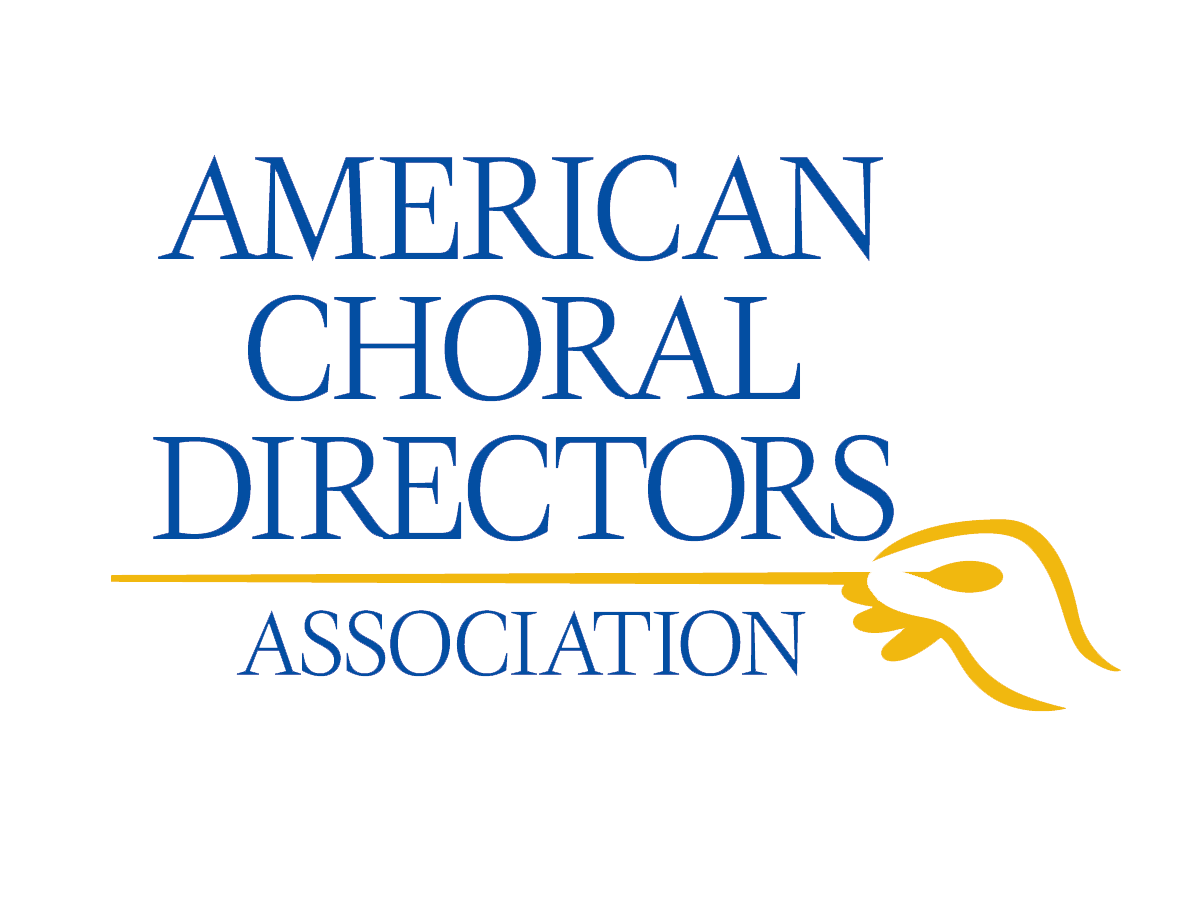1) Thesis: The goal of Nosotres Existimos: Mexican Choral Repertoire and Resources, is inclusion and belonging; by connecting choral conductors to Mexican repertoire and resources to include in their programming, they will demonstrate belonging for their students and community. 2) Description: Mexican choral music, despite its rich history, is largely absent in our choral community. We acknowledge the choral repertoire of many Central and South American countries, but the United Mexico States (UMS) remains underrepresented as their repertoire is unpublished, inaccessible, and more often, unknown to us. For example, even Earthsongs, one of our leading publishers of multicultural music, has only 4 works in its catalogue of 1,912 compositions that represent Mexican composers. Through historic timelines, repertoire lists, playlists, diction aids, and performance practices sources, in the form of handouts and websites, participants in this session will gain some of the necessary means to share UMS voices with their students and audiences. This session also recognizes the role of indigenous peoples and includes all available choral repertoire and resources to share their marginalized voices. At the end of this session, attendees will have more insight on Mexican choral music and its history. Participants will also have information about where to find Mexican repertoire for mixed, treble, and tenor/bass choruses for various ability levels (i.e. elementary, junior high, high school, college, community), as well as access to resources to learn how to lead inclusive performances. The Chicano/a/e population in our country is growing and, while our representation on the concert stage has also grown, it largely falls behind the rapid growth we can expect in our general population. In the spirit of celebrating all of the choral arts, participants who create space for this repertoire will, in turn, hold spaces for their students to create a deeper sense of belonging, allow for unheard voices to be shared, and continue our work to build community through music. 3) Learning Outcomes: Participants will…
-leave with an understanding of Mexican music history and its crucial turning points.
-understand where to find repertoire for a variety of voicings and levels by Mexican and indigenous composers -have access to resources to lead culturally responsive performances of this repertoire



